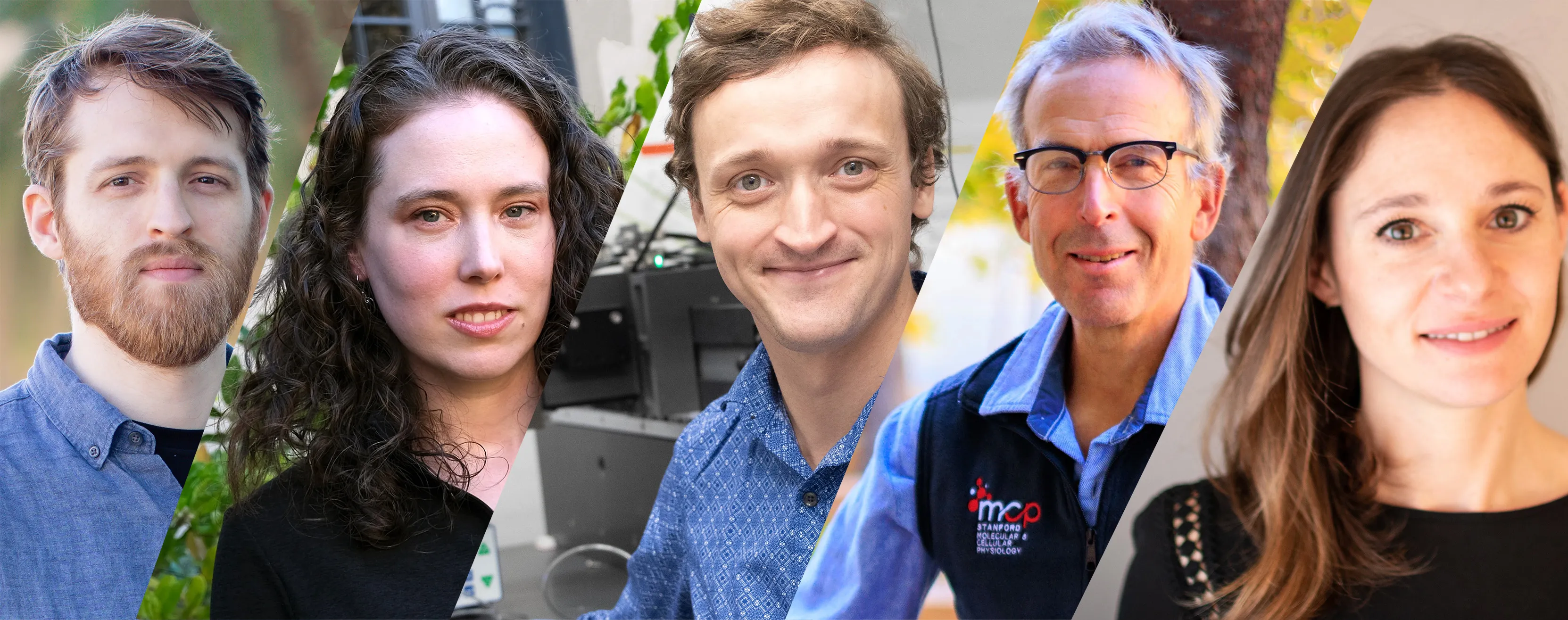Six Stanford scientists were awarded National Institutes of Health (NIH) grants from the High-Risk, High-Reward Research program at the start of October to pursue boundary-pushing work, ranging from developing a new type of vaccine to algorithms in healthcare to bioprinted organs.
The NIH awarded 106 total grants across the nation, with each grant funding the awardee for five years. Unlike most grants, the four highly competitive awards within the High-Risk, High-Reward Research program do not require preliminary data, instead aiming to fund future research that likely would not be supported through other channels.
***
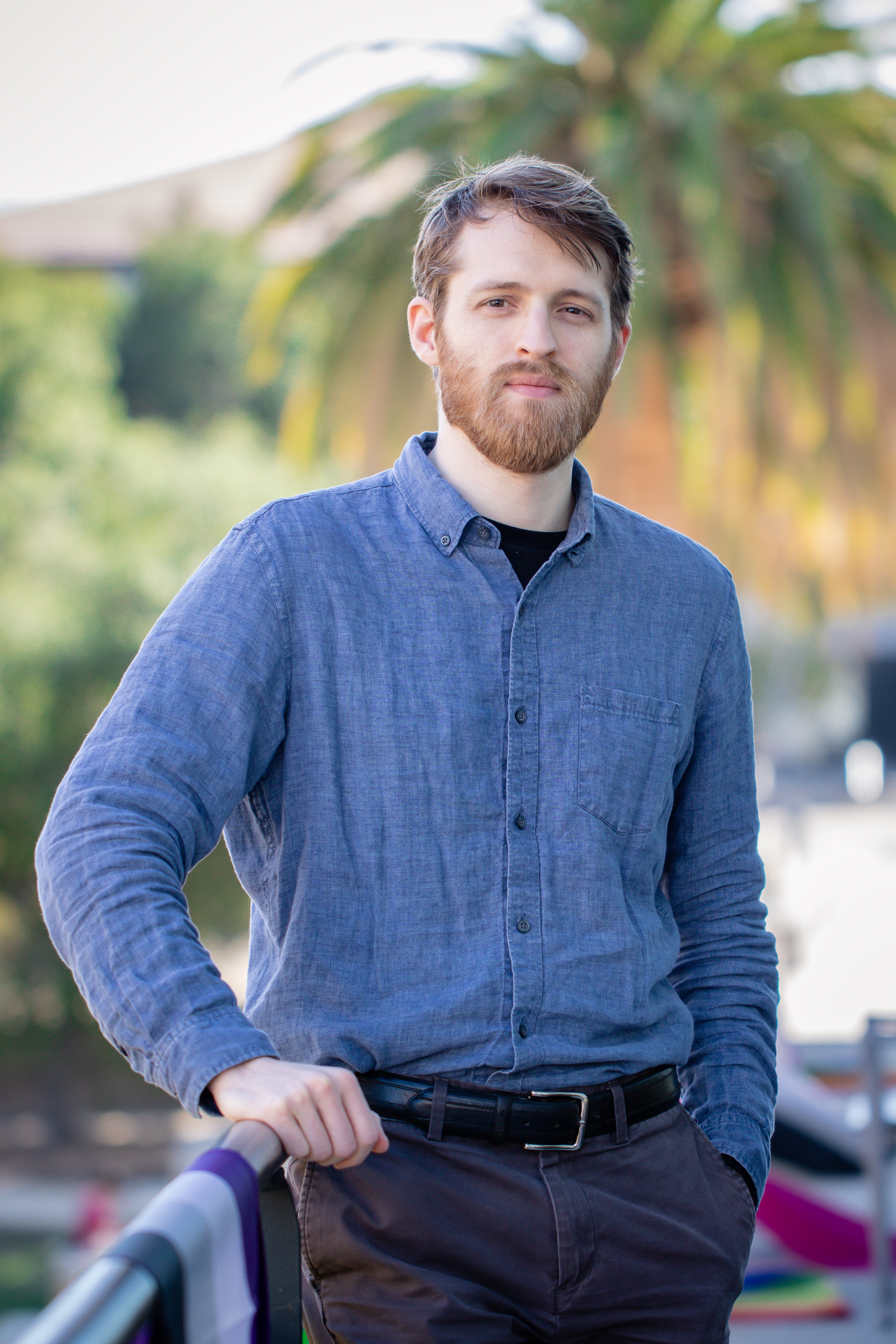
Andrew Beel
Andrew Beel, a postdoctoral scholar in the structural biology department, was recognized with the Early Independence Award, which allows junior scientists to move immediately into independent research positions. Only 14 of these awards were given out across the country.
“The competition for this award is pretty high, so I wasn’t counting on it,” Beel said. “The fact that I was chosen ultimately was quite fortunate and I look forward to making use of the funds to address the problems that I proposed.”
This award, which provides $1.25 million over five years, will allow Beel to pay for the staff, equipment time and reagents that will help him in his research of eukaryotic chromosomal structures, specifically the core of the mitotic chromosome.
When chromatin condenses into X-shaped chromosomes during mitosis, there is evidence for a core of that chromosome. However, scientists are not sure what that core looks like or how it works. Beel’s work will focus on characterizing the composition and structure of that core, which may have broader therapeutic uses in cancer treatment.
According to Beel, he “certainly wouldn’t have made it to this point without” the help of Roger Kornberg, a structural biology professor whose lab Beel works in, as well as the members of Kornberg’s lab.
“Andrew is certainly one of the most gifted people I’ve ever encountered at all ages,” said Kornberg, who is also Beel’s research advisor. “He is, I believe, the finest biophysical scientist in his age group, possibly at any age in this country. I think there is no more extraordinary and deserving candidate for Stanford faculty anywhere in the world to be found.”
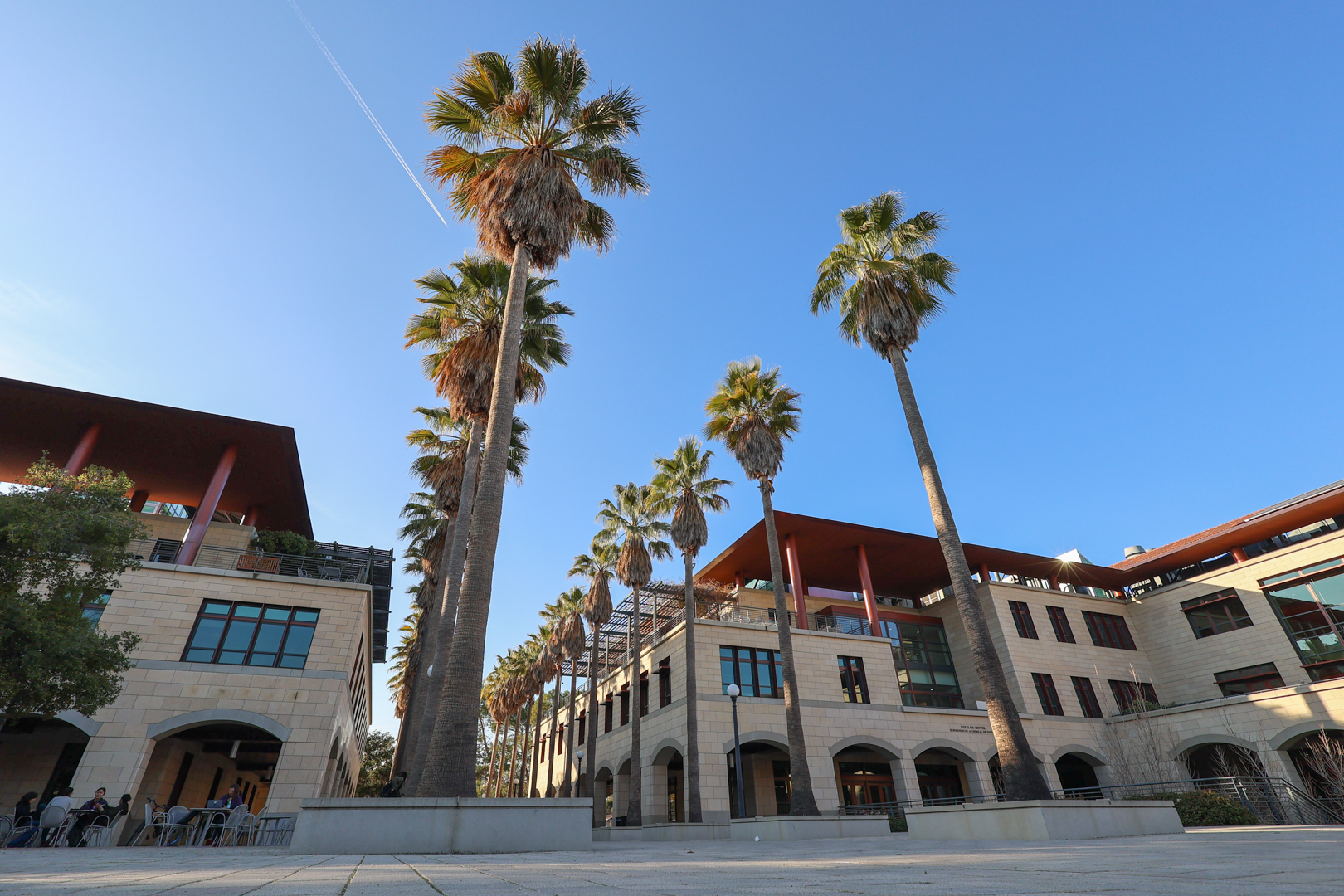
Michael Fischbach
Michael Fischbach, bioengineering professor and Microbiome Therapies Initiative director, was one of nine recipients of the Transformative Research Award, which recognizes researchers who could “potentially create or challenge existing paradigms,” according to the NIH.
This award, which provides a flexible budget for five years, will allow Fischbach to develop new methods of vaccination. Currently, vaccines work by introducing a pathogen to the immune system to teach it how to fight the pathogen. However, certain kinds of bacteria that are known to trigger a strong immune response already exist in the human microbiome. Fischbach hopes to use that microbiome bacteria to guide those strong immune responses to selectively hit the targeted pathogens, instead of having to train the immune system to recognize pathogens.
Fischbach’s work with the microbiome could lead to new vaccines for cancer, infectious diseases, viruses and autoimmune disorders.
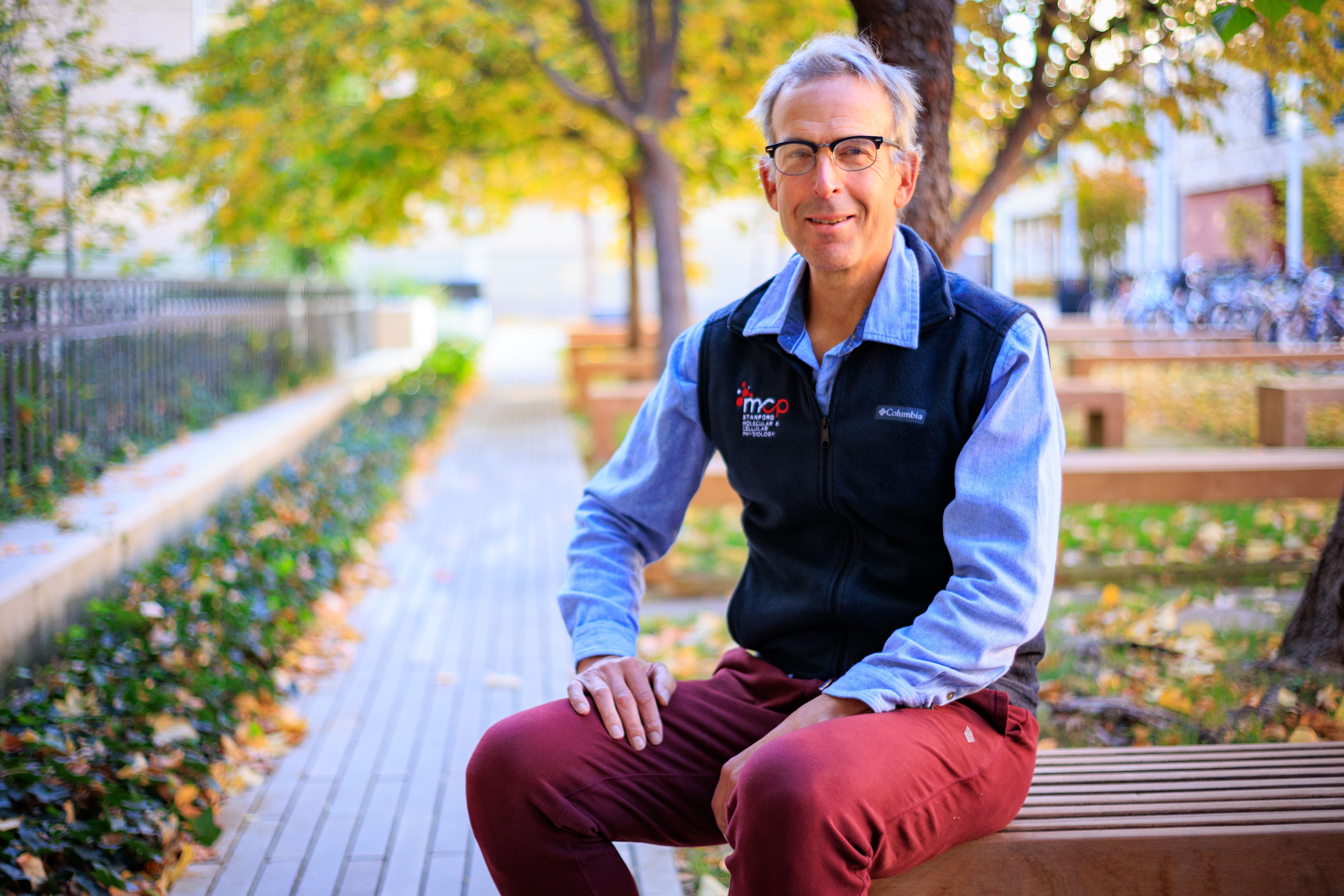
Chris Garcia
Chris Garcia, professor of molecular and cellular physiology and structural biology, was also recognized with the Transformative Research Award.
His research will focus on developing methods in ligand receptor pairings for as many orphan receptors as possible. Orphan receptors are proteins that have similar structures to other receptors but do not have a known ligand, which is what the receptors bind to.
Without knowing the ligand-receptor pair or what system they belong to, scientists cannot fully understand how those biological systems work. While his previous experiments to find those pairs were successful, they took more of a brute force approach, which Garcia hopes to change with this grant.
Instead of trying to find each ligand-receptor pair one by one, Garcia is trying to form a new process to find new pairs all at the same time. Garcia’s work also centers around finding the systems that the orphan receptors and orphan ligands come from. Unlike other scientists, who specialize in a specific field, Garcia is looking across all the “highly interconnected and cross-wired” systems by using “truly agnostic screening,” he said.
“My mantra that I always tell people in the lab is ‘all you need to find is one interesting and important thing to make the entire experiment worthwhile,’” Garcia said. “For example, find the next PD1 checkpoint receptor and you could transform the treatment of cancer. You don’t have to find everything, you just have to find one useful and important thing.”
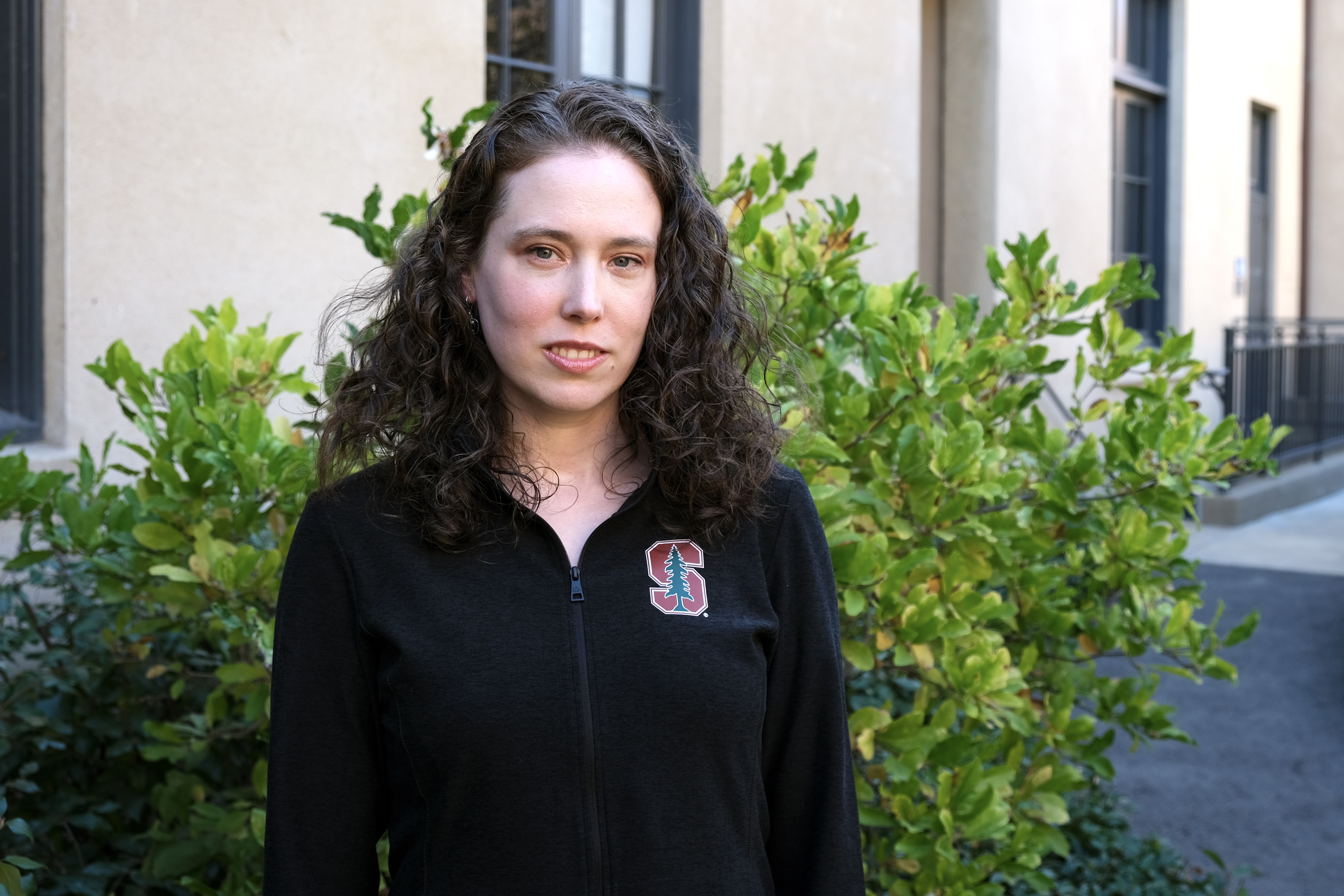
Sherri Rose
Sherri Rose, health policy associate professor, received the Pioneer Award, which is given to scientists to pursue ground-breaking research approaches.
“There was a tremendous amount of disbelief because so many people apply and they select so few awardees,” Rose said. “It was really a huge honor for them to recognize my work.”
The grant, which provides $3.5 million for five years, will allow Rose to fund a study in which she aims to develop the first framework for understanding the social impact of algorithms in healthcare before they are used.
“Right now, we don’t even rigorously evaluate algorithms after they’re deployed, especially for harms to marginalized groups,” Rose said. “The goal here was that we would be able to know beforehand whether this algorithm is going to cause disproportionate harm to marginalized and minoritized groups before we would ever put it into practice.”
According to Rose, this is an urgent problem to address “major health disparities” and she is grateful to the NIH for recognizing not only her individual potential, but also the value of her work.
“In order to better serve the goal of improving health equity, we need to be much more thoughtful before releasing algorithms into the health care system,” Rose said. “I’m very excited because it’s a hard problem and I’m glad [the NIH] saw that this was a need.”
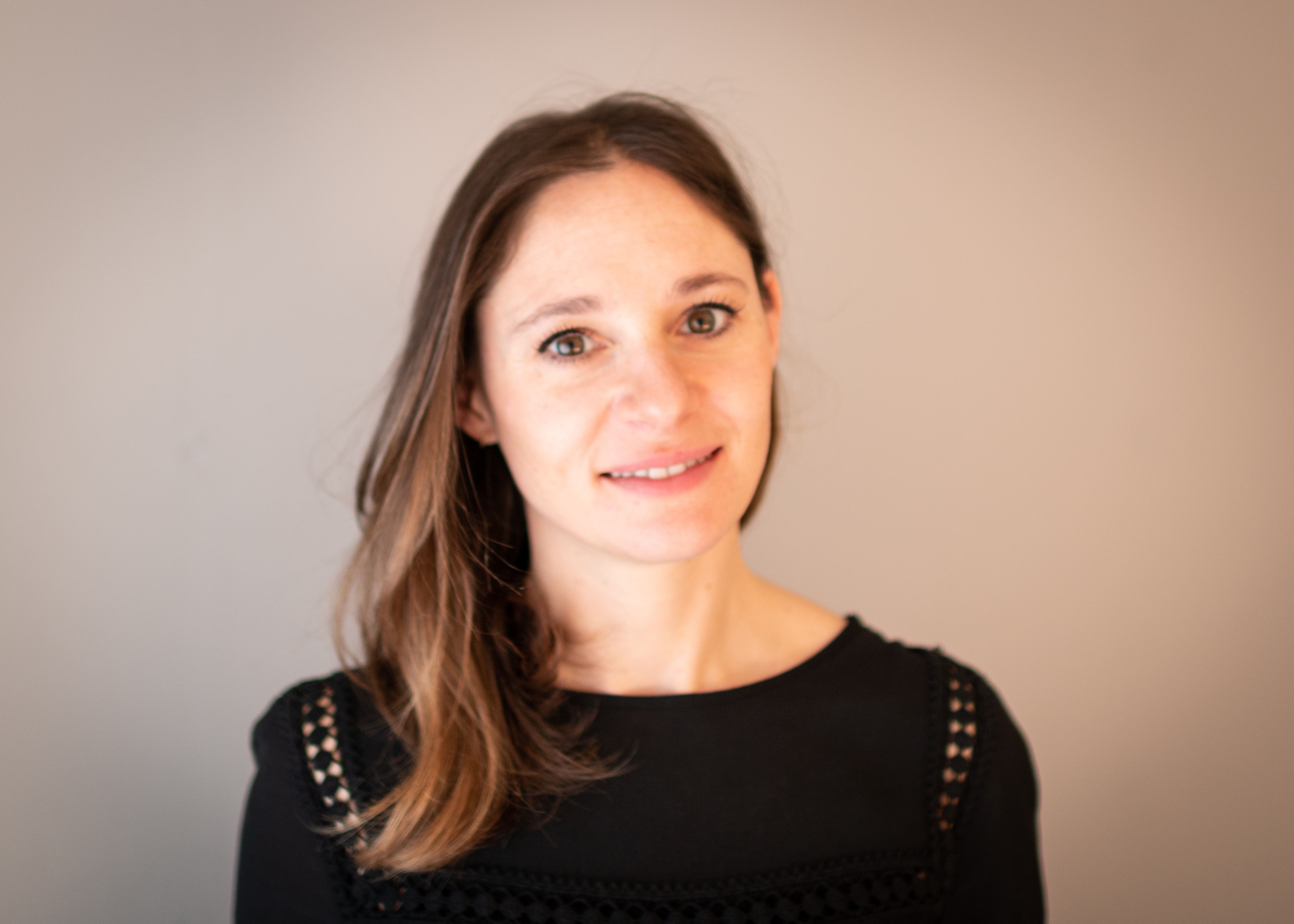
Serena Sanulli
Serena Sanulli, associate professor of genetics, received the New Innovator Award, which is given to scientists with creative and high-impact projects.
This grant gives $1.5 million for five years, which will allow Sanulli to fund her research on genome organization. According to Sanulli, a big advantage is the flexibility of this grant’s funding, as well as the security of having funding for five years.
“In the lab, we take an integrative approach, where we combine different approaches and methods from biochemistry, biophysics, cell biology and genetics,” Sanulli said. “We are particularly interested in connecting what happens at the atomic scale, really thinking deeply at the structure of proteins and molecules and then connect[ing that] deep atomic scale understanding with the biological function.”
Her work, which also includes developing tools to manipulate atomic-scale structures, will help expand scientists’ understanding of chromatin regulation and its role.

